I am trying to add tags in my model by taggit and taggit serializer. I making my API in rest framework. I followed the instruction(https://github.com/glemmaPaul/django-taggit-serializer) but it is still an issues:
"tags": [ "Invalid json list. A tag list submitted in string form must be valid json."]
/setting.py
INSTALLED_APPS = [
[...]
'rest_framework',
'taggit',
'taggit_serializer',
]
/models.py
tags = TaggableManager(blank = True)
/serializer.py
class JobSerializer(TaggitSerializer,serializers.HyperlinkedModelSerializer):
# tag serializer
tags = TagListSerializerField()
There is noting changed in the view.py.
thanks @ykh for helping me to solve this problem, but it comes to new situation with error:
when you want to initial the value:
hao,free
the outcome will be like that:
"tags": [
"hao",
"free"
],
But when I intend to put updates into this value: it showed the Json file in rest framework automatically:
and if you put data to your api, the result will be:
The issue is that each time when I try to modify the instance which including the 'tag' in rest framework, brackets and line breaks were automatic attached added in 'tag' field, like the picture result shows
Update: It seems that I have solved this issue, the solution is overriding the create function in serializer:
using django-taggit-serializer. and
def create(self, validated_data):
tags = validated_data.pop('tags')
instance = super(JobSerializer, self).create(validated_data)
instance.tags.set(*tags)
return instance

